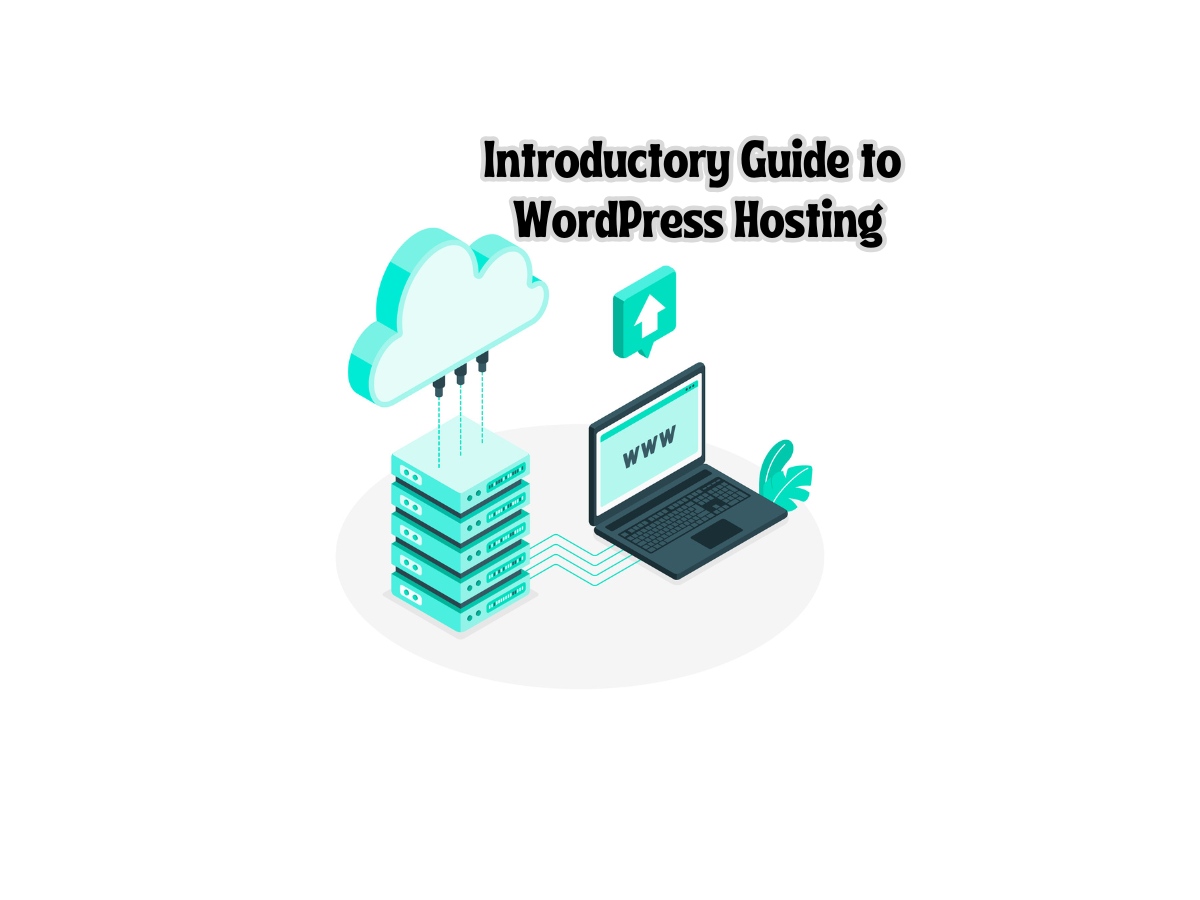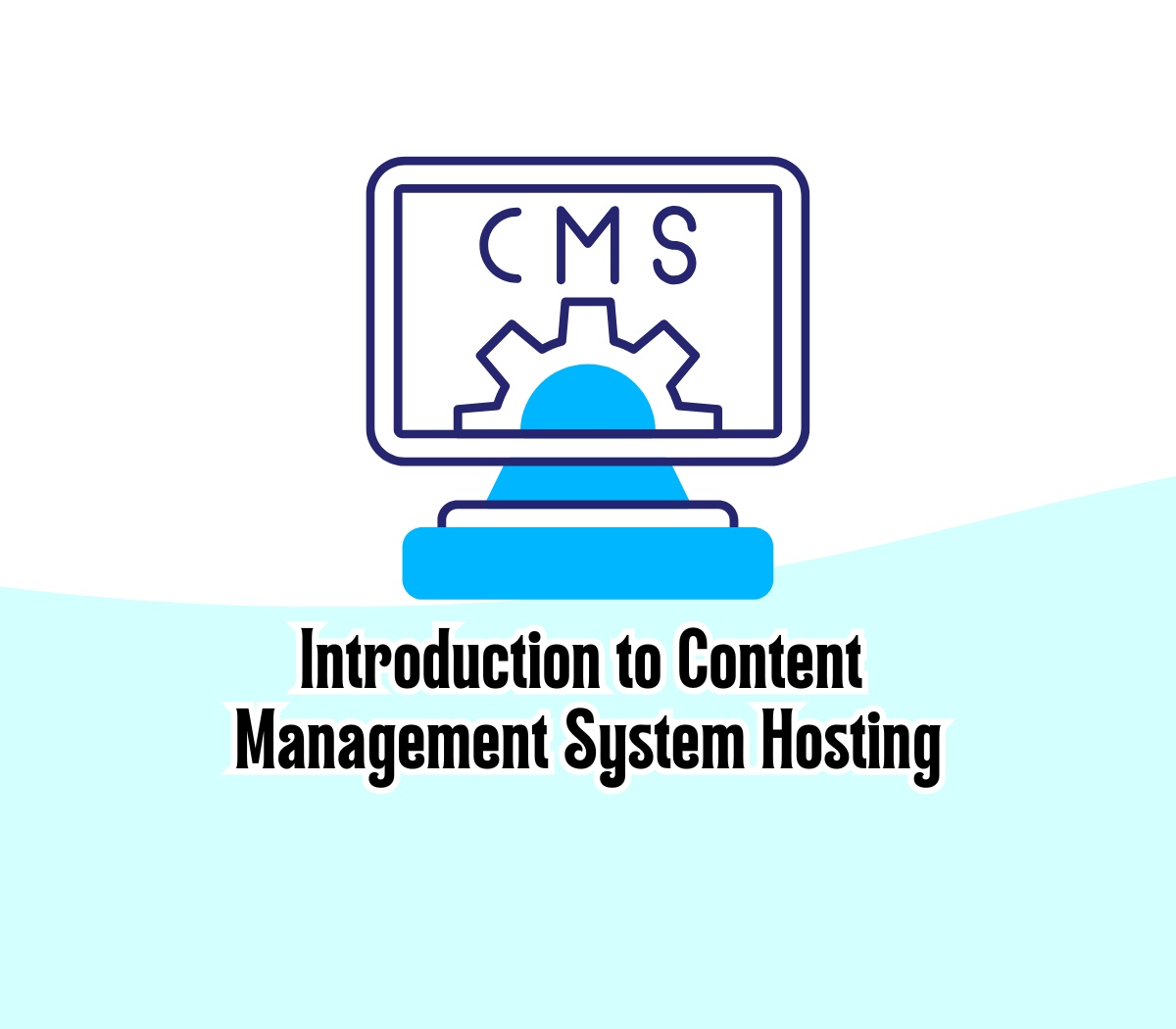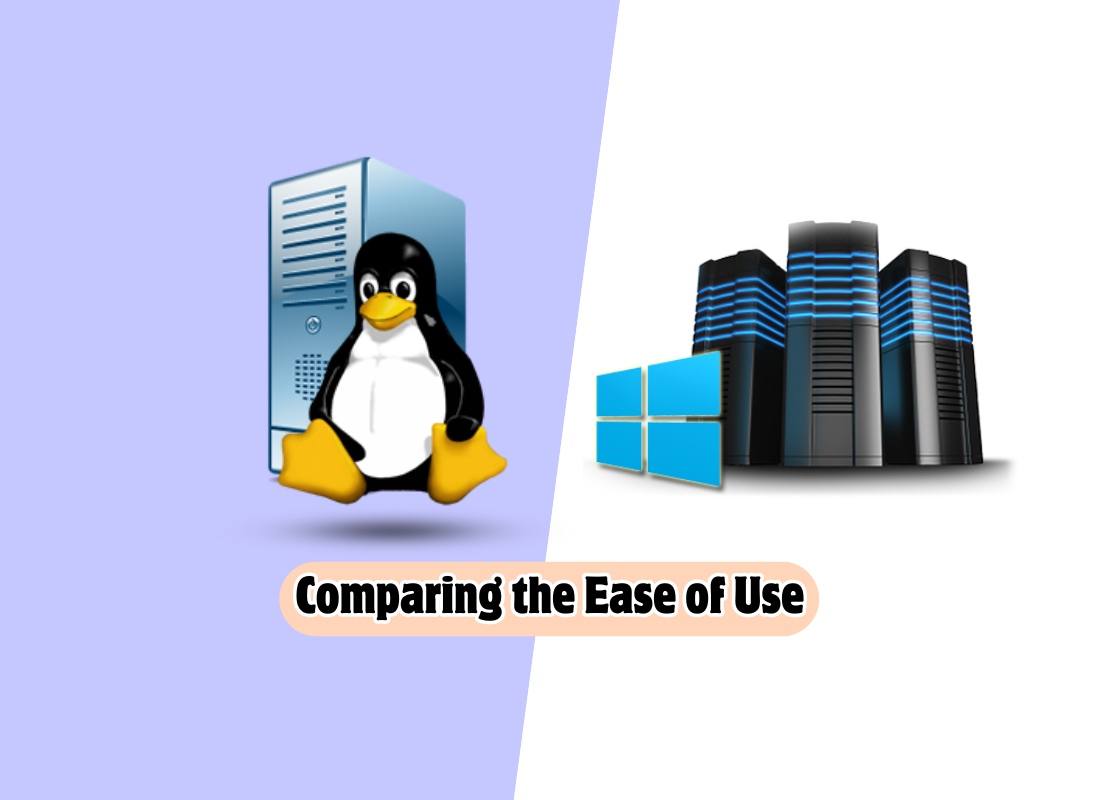
An Introductory Guide to WordPress Hosting: What You Need to Know
WordPress has become one of the most popular content management systems (CMS) globally, powering millions of websites, blogs, and online stores. With its user-friendly interface, extensive plugin ecosystem, and customizable themes, WordPress offers unparalleled flexibility and scalability for users of all skill levels. However, choosing the right hosting provider and plan is crucial to ensuring optimal performance, security, and reliability for your WordPress website. In this introductory guide to WordPress hosting, we’ll cover everything you need to know to make informed decisions and get started with hosting your WordPress site.
1. Understanding WordPress Hosting:
WordPress hosting refers to specialized hosting services tailored to meet the unique requirements of WordPress websites. These hosting solutions are optimized for WordPress performance, security, and ease of use, providing features and resources specifically designed to support WordPress installations.
2. Types of WordPress Hosting:
There are several types of WordPress hosting available, each offering different levels of performance, flexibility, and control:
– Shared WordPress Hosting: Shared hosting involves multiple websites sharing resources on the same server. It is an affordable option suitable for small websites with low to moderate traffic. However, shared hosting may result in slower loading times and limited scalability due to resource sharing.
– Managed WordPress Hosting: Managed WordPress hosting is a premium hosting service specifically designed for WordPress websites. It offers enhanced performance, security, and support, with features such as automatic updates, daily backups, and specialized WordPress optimization. Managed hosting providers handle technical aspects of server management, allowing users to focus on website content and business growth.
– Virtual Private Server (VPS) WordPress Hosting: VPS hosting provides dedicated resources within a virtualized server environment, offering greater performance, control, and scalability compared to shared hosting. VPS hosting is suitable for websites with moderate to high traffic volumes and resource-intensive applications.
– Dedicated WordPress Hosting: Dedicated hosting involves renting an entire physical server dedicated solely to your WordPress website. It guide maximum performance, security, and customization options, making it ideal for large websites, e-commerce stores, and high-traffic applications with demanding resource requirements.
3. Key Features of WordPress Hosting:
– One-Click WordPress Installation: WordPress hosting providers offer easy installation and setup of WordPress with just a few clicks, eliminating the need for manual installation and configuration.
– WordPress Optimization: Hosting plans include optimizations specifically tailored for WordPress, such as caching mechanisms, performance tuning, and server-side optimizations to ensure fast loading times and optimal website performance.
– Automatic Updates and Backups: Managed WordPress hosting plans include automatic updates for WordPress core, themes, and plugins to keep your website secure and up to date. Daily backups ensure that your website data is guide regularly backed up and easily recoverable in case of data loss or corruption.
– Security Features: WordPress hosting providers implement robust security measures to protect your website from unwanted software, hacking attempts, and other security threats. This may include unwanted software scanning, firewall protection, SSL/TLS encryption, and intrusion detection systems.
– Scalability and Resources: Hosting plans offer scalable resources, such as CPU, RAM, storage, and bandwidth, to accommodate the growth of your WordPress website and handle increases in traffic and demand.
4. Choosing the Right WordPress Hosting Provider:
When selecting a WordPress hosting provider, consider the following factors:
– Performance and Reliability: Choose a hosting provider with a proven track record of reliability, uptime, and performance. Look for providers with fast server infrastructure, optimized for WordPress hosting.
– Security and Support: Prioritize providers that offer robust security features and proactive support services. Look for features such as unwanted software scanning, SSL/TLS encryption, and 24/7 customer support.
– Scalability and Resources: Ensure that the hosting provider offers scalable resources to accommodate the growth of your website. Look for plans with ample CPU, RAM, storage, and bandwidth to handle increasing traffic and demand.
– Ease of Use and Control Panel: Consider the user interface and control panel provided by the hosting provider. Choose a provider with an intuitive control panel that makes it easy to manage your WordPress website, install applications, and access server settings.
Conclusion:
In conclusion, WordPress hosting is guide a specialized hosting solution designed to meet the unique needs of WordPress websites. By choosing the right hosting provider and plan, you can ensure optimal performance, security, and reliability for your WordPress site. Whether you opt for shared hosting, managed hosting, VPS hosting, or dedicated hosting, selecting a hosting provider that offers fast servers, robust security features, scalable resources, and reliable support is essential for the success of your WordPress website. With the right hosting solution in place, you can unleash the full potential of WordPress and create a powerful, secure, and high-performing online presence.







